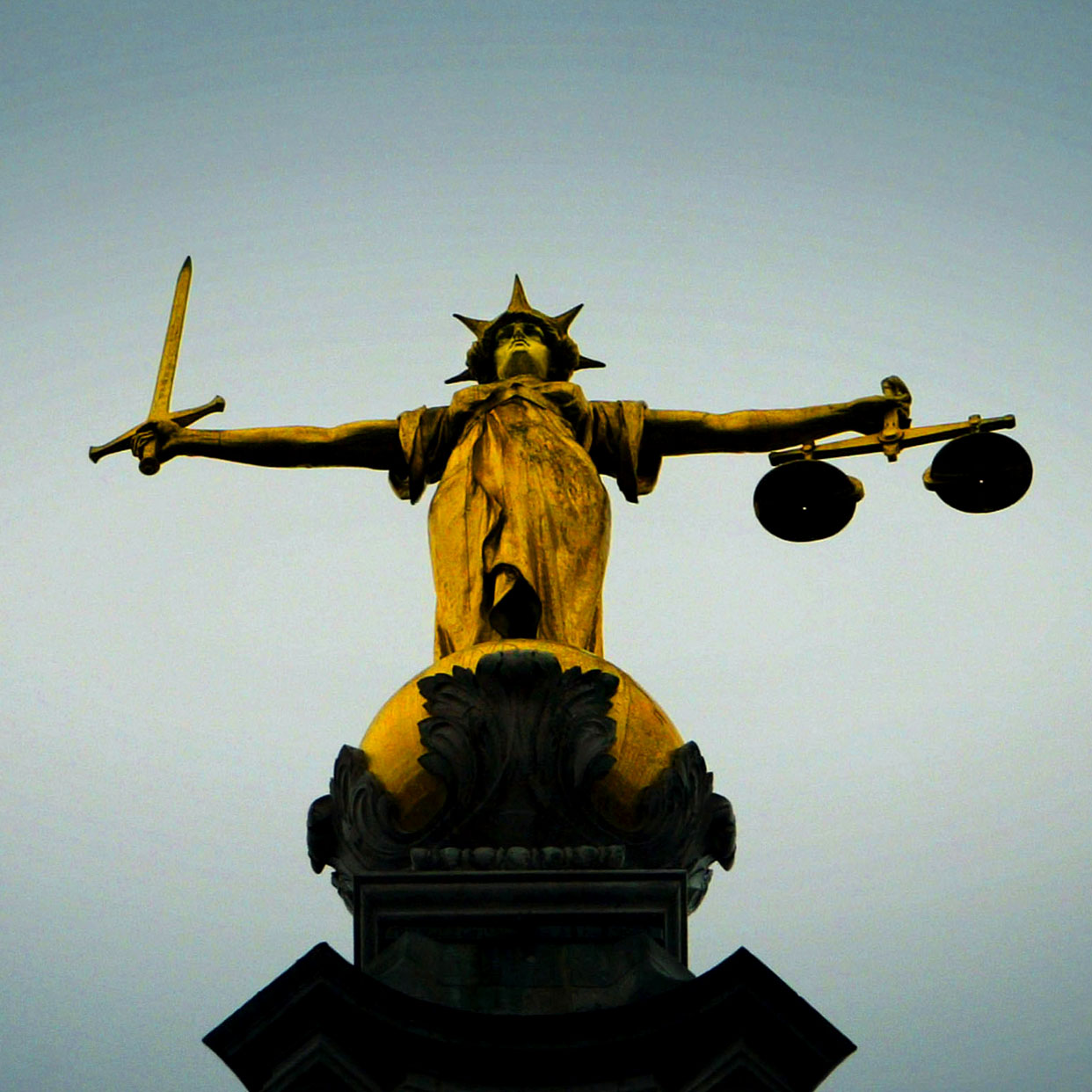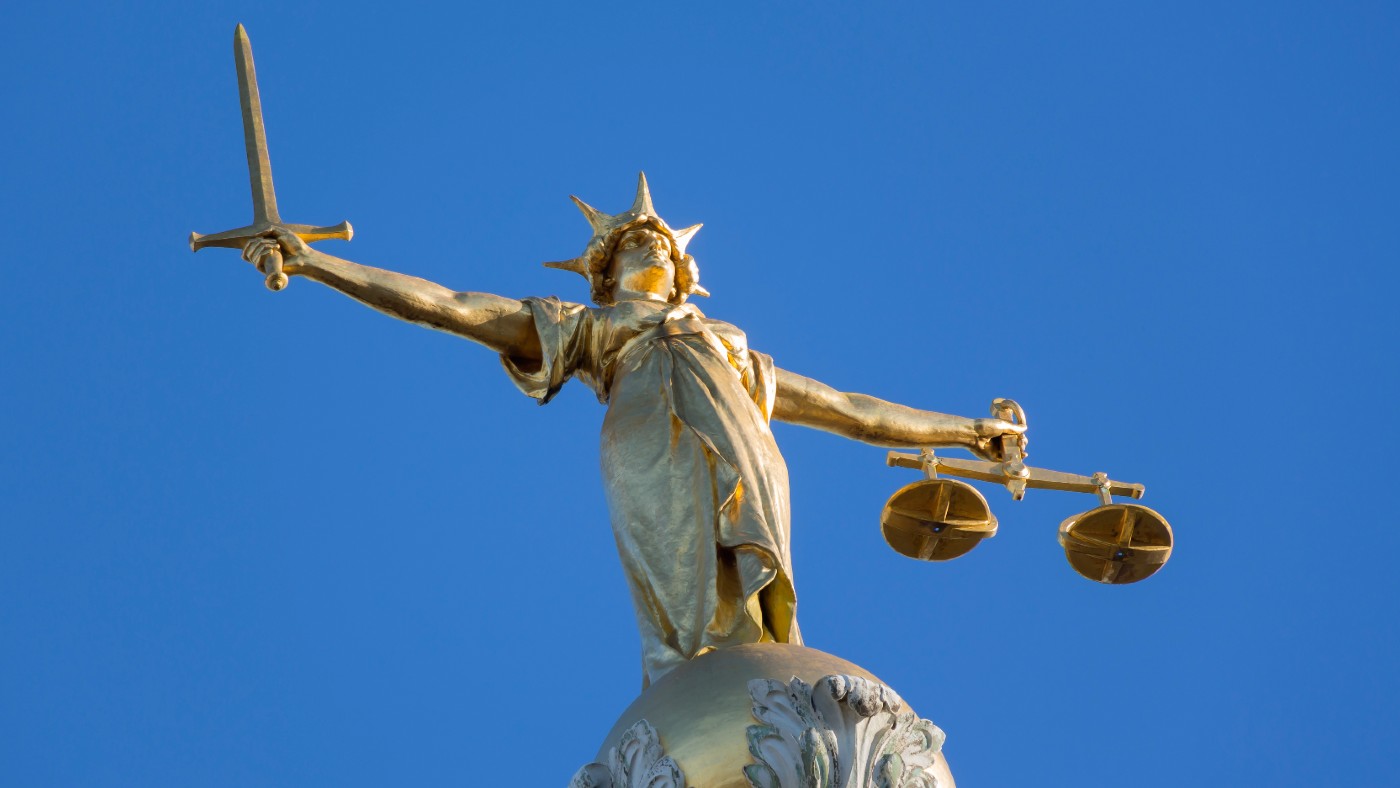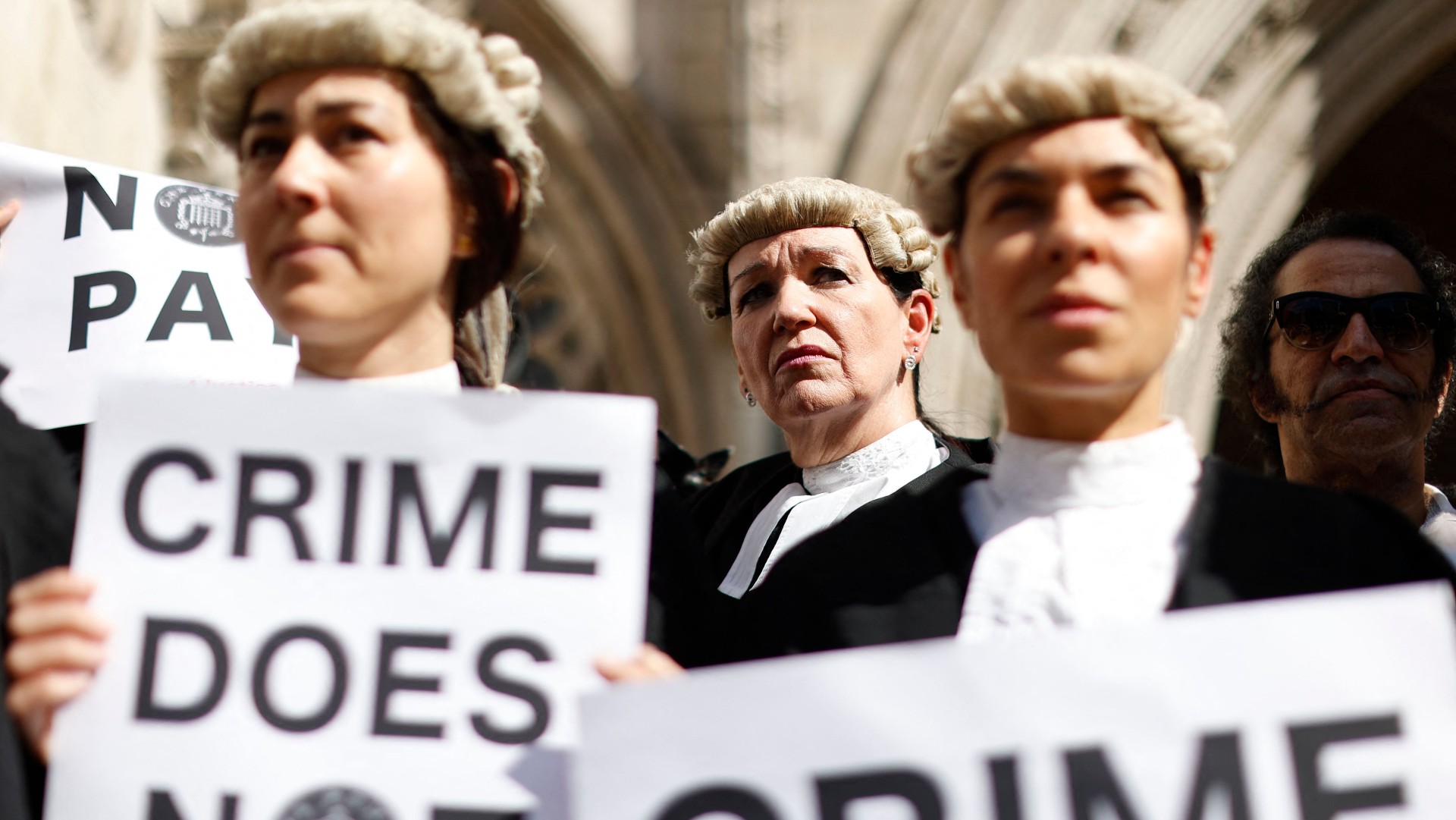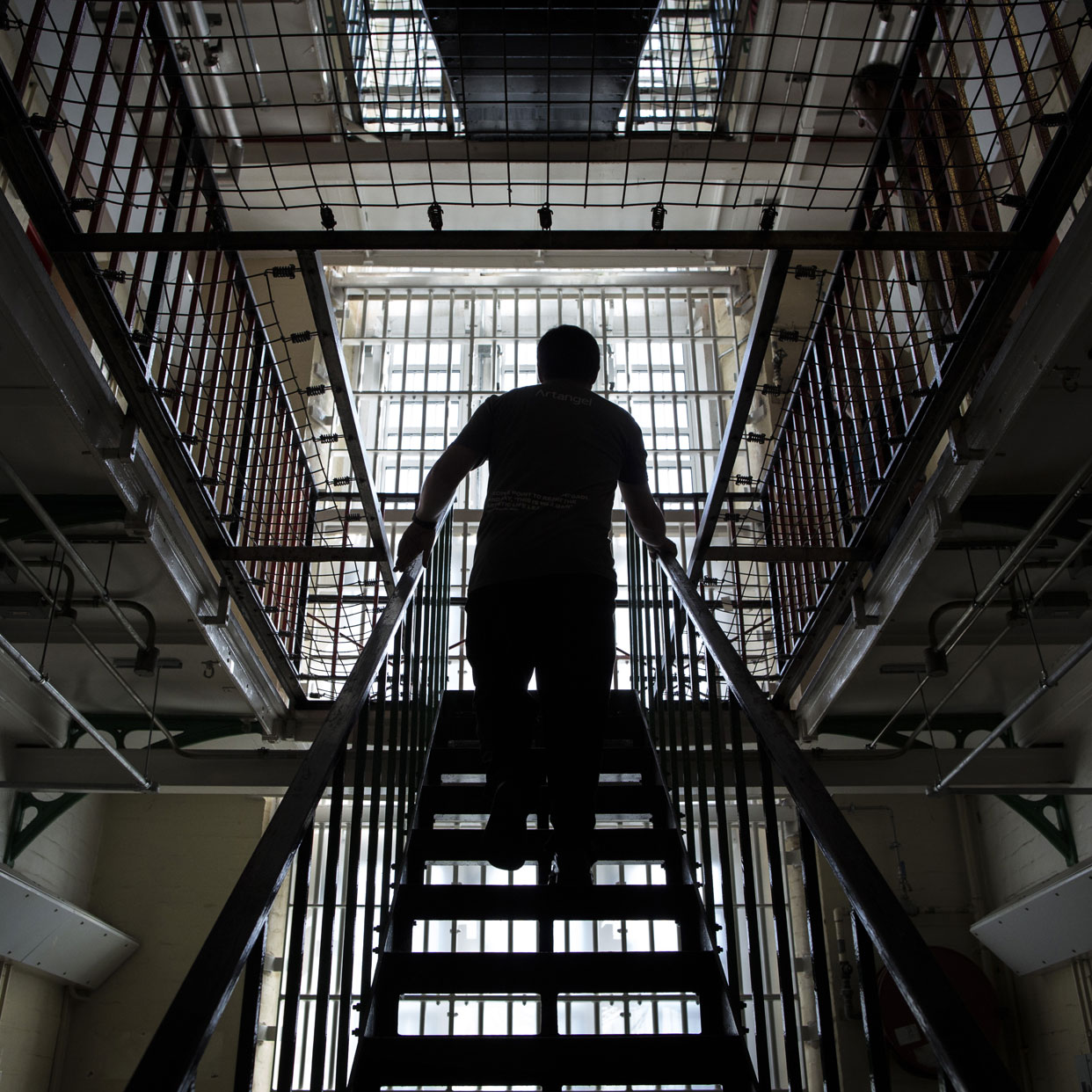What is an injunction?
Ban on naming of mystery #MeToo businessman has renewed interest in the controversial court orders

A free daily email with the biggest news stories of the day – and the best features from TheWeek.com
You are now subscribed
Your newsletter sign-up was successful
A row over a court order barring the identification of a well-known businessman accused of sexual harassment and racial abuse of staff - since revealed as Sir Philip Green, after Lord Hain invoked parliamentary privilege to flout the order - has brought the use of injunctions back into the spotlight.
The Court of Appeal ruling, against The Daily Telegraph, has also sparked wider concern about the use of so-called gagging orders in commercial contracts, with Prime Minister Theresa May saying employers were using non-disclosure agreements (NDAs) “unethically” to conceal “abhorrent” sexual harassment in the workplace.
But how do injunctions work and why are they controversial?
The Week
Escape your echo chamber. Get the facts behind the news, plus analysis from multiple perspectives.

Sign up for The Week's Free Newsletters
From our morning news briefing to a weekly Good News Newsletter, get the best of The Week delivered directly to your inbox.
From our morning news briefing to a weekly Good News Newsletter, get the best of The Week delivered directly to your inbox.
What is an injunction?
An injunction is an official order given by a court preventing the publication or dissemination of information about a particular subject.
Injunctions can be sought by famous figures to prevent newspapers reporting on activities that might show them in a negative light, such as an extramarital affair, if the applicant can convince the court that the damage they or their families would suffer as a result outweighs any public interest in the matter.
These legal orders have proved controversial, with news organisations arguing that they threaten free speech and the freedom of the press.
A free daily email with the biggest news stories of the day – and the best features from TheWeek.com
In 2011, there was a legal and public backlash when it emerged that several high-profile celebrities had sought “super-injunctions”, which forbid publications from even revealing that they have been gagged.
What’s the penalty for breaking an injunction?
Breaking an injunction could mean the offending party being found guilty of contempt of court, which may result in a prison sentence, fine or seizure of assets.
Why are they controversial?
In simple terms, an injunction is a remedy that an individual or company may obtain against a party who breaches an NDA, also known as a confidentiality agreement, to prevent them from doing something, Josephine Van Lierop, an employment lawyer at law firm Slater Gordon told the i newspaper.
In the current case of the so-called #MeToo businessman - a reference to the global movement against the mistreatment of women and others by employers - an injunction “has been obtained from the Court of Appeal preventing the Telegraph from revealing details of the alleged sexual harassment and racial abuse in circumstances where [the businessman] had already agreed NDAs in respect of these issues”, Lierop explains.
“So this judgment is about press freedom and striking the balance between commercial contracts and freedom of speech”, she adds. “The court is saying that if there is going to be limits placed on the use of NDAs, guidance needs to be given by Parliament with a change of law - which we understand is being considered.”
In an article published in the Telegraph, Geoffrey Robertson QC claims the granting of the injunction was inevitable, warning: “Commercial lawyers who later become judges may have an instinctive preference for freedom of contract over freedom of speech, as if asked to balance hard cash against hot air. Thus free speech becomes expensive speech.”
-
 The environmental cost of GLP-1s
The environmental cost of GLP-1sThe explainer Producing the drugs is a dirty process
-
 Greenland’s capital becomes ground zero for the country’s diplomatic straits
Greenland’s capital becomes ground zero for the country’s diplomatic straitsIN THE SPOTLIGHT A flurry of new consular activity in Nuuk shows how important Greenland has become to Europeans’ anxiety about American imperialism
-
 ‘This is something that happens all too often’
‘This is something that happens all too often’Instant Opinion Opinion, comment and editorials of the day
-
 The age of criminal responsibility
The age of criminal responsibilityThe Explainer England and Wales ‘substantially out of kilter with the rest of the world’, says filmmaker whose drama tops Netflix charts
-
 What’s causing the ‘chaos’ in the UK criminal justice system?
What’s causing the ‘chaos’ in the UK criminal justice system?Today's Big Question Shortage of prison cells and real-terms pay cut for solicitors has increased talk of ‘crisis’
-
 Should criminal barristers be allowed to strike?
Should criminal barristers be allowed to strike?Talking Point Prolonged dispute over cuts to pay and legal aid has led to indefinite walkout in September
-
 Plea bargaining: A threat to basic human rights?
Plea bargaining: A threat to basic human rights?In Depth Why the push to avert courtroom trials has worrying consequences